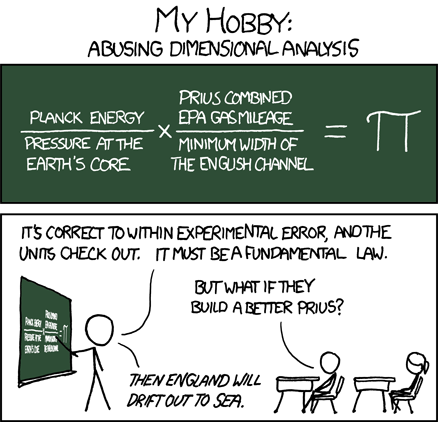I unfortunately must announce that I will no longer be able to speak at Skepchicamp, the awesome Chicago skeptical feministy conference on March 6th. I’ve already contacted them about it, but I figured I should also mention it on my blog in case any Chicago people were looking forward to seeing me there. I promise I’ll be missing for a good reason – I’ll be at Stanford for a grad school interview!
If you were planning on going, please don’t cancel on my part – there will be a lot of awesome speakers there, including some of my close Purdue friends. And if you’re in the Chicagoland area and you weren’t planning on going…well you totally should.
I’m disappointed that I’ll miss out on the awesomeness, and that I won’t be speaking at my first skeptical conference after all. Hopefully I’ll get invited somewhere else eventually. I promise I’m not a flake – grad school is a bit more important right now ;)

